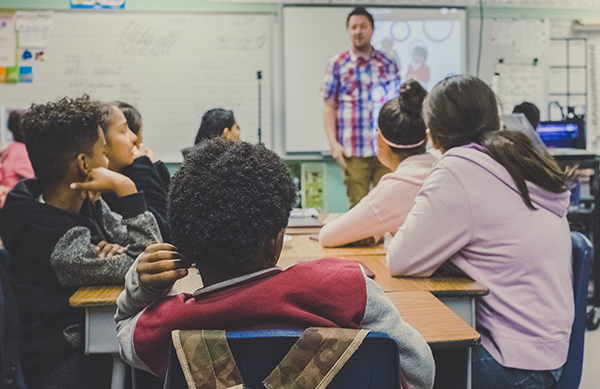Family Counseling Insights brought to you by California Psychotherapeutic Resources, Inc.
If you’re a parent of school-age kids, here’s a statistic that will get your attention: in some ER rooms, visits were up 40 percent after the start of the pandemic — with visits often prompted by thoughts of suicide and self-harm.

At the root of the problem is stress caused by a variety of aspects related to the pandemic ranging from lockdowns to anxiety about family members contracting Covid. Professional organizations dedicated to children’s health immediately noticed the urgency of the problem. Toward the end of 2020 the American Academy of Pediatrics joined with the American Academy of Child Adolescent Psychiatry and Children’s Hospital Association to declare a national emergency. They explained their concern in a news release by saying: “As health professionals dedicated to the care of children and adolescents, we have witnessed soaring rates of mental health challenges among children, adolescents, and their families over the course of the COVID-19 pandemic, exacerbating the situation that existed prior to the pandemic. Children and families across our country have experienced enormous adversity and disruption. The inequities that result from structural racism have contributed to disproportionate impacts on children from communities of color.”
Now for the good news. Teachers are acutely aware of the problem and are taking action. At the start of the school year they are making the evaluation of their kids’ mental health a top priority. In an article for National Public Radio (NPR), Rhitu Chatterjee writes “As the new school year begins, teachers at many schools across the country are adding a new component to their routines: a mental health check-in with their students. The idea is to open up conversations around how kids are feeling emotionally, and to connect them to help before issues escalate to a crisis.”
Another aspect to the crisis is that the ability to learn is directly related to a child’s mental health. Common sense is confirmed by what research has shown: children suffering from and distracted by anxiety or depression do not score as well as children in a healthy state of mind.
Of course no one expects teachers to suddenly become experts in child psychology. But because they are on the front line, they are in a position to recognize symptoms of troubled mental health. And more good news: members of US Department of Health and Human Services are also aware of the problem and ready to help teachers and schools in general deal with the issue. Earlier this month, says Chatterjee, “the US Department of Health and Human Services announced additional $87 million in grant funding to address youth mental health, including for school-based mental health.”
So if you haven’t heard whether or not your school is taking advantage of the funding, now is the time to call your child’s school and ask. Getting involved is the first step in helping to ensure all of our children maintain their mental health and build the crucial foundation for a lifetime of learning. Read the full NPR article here.